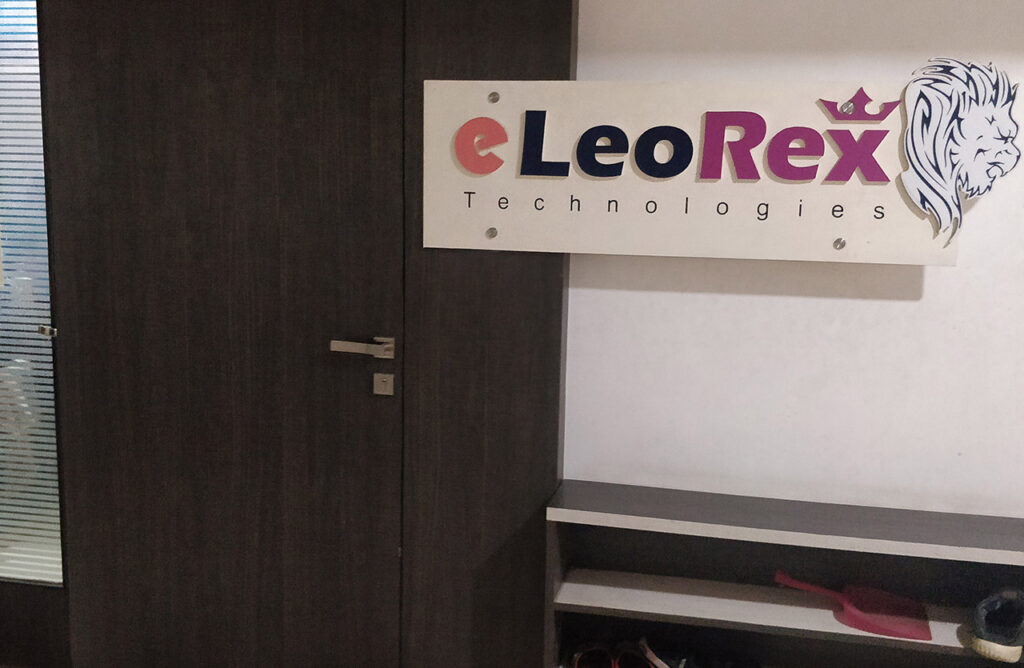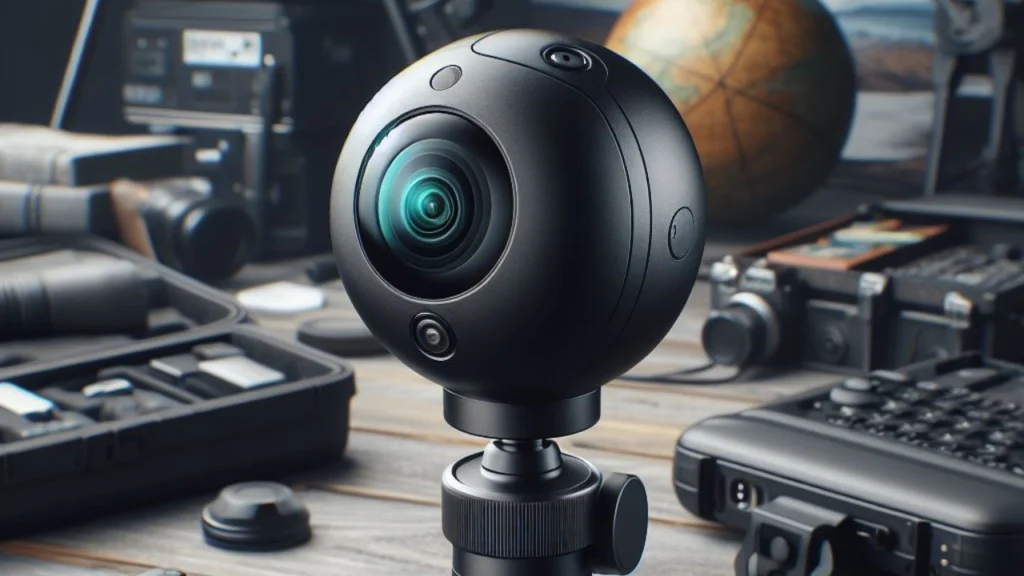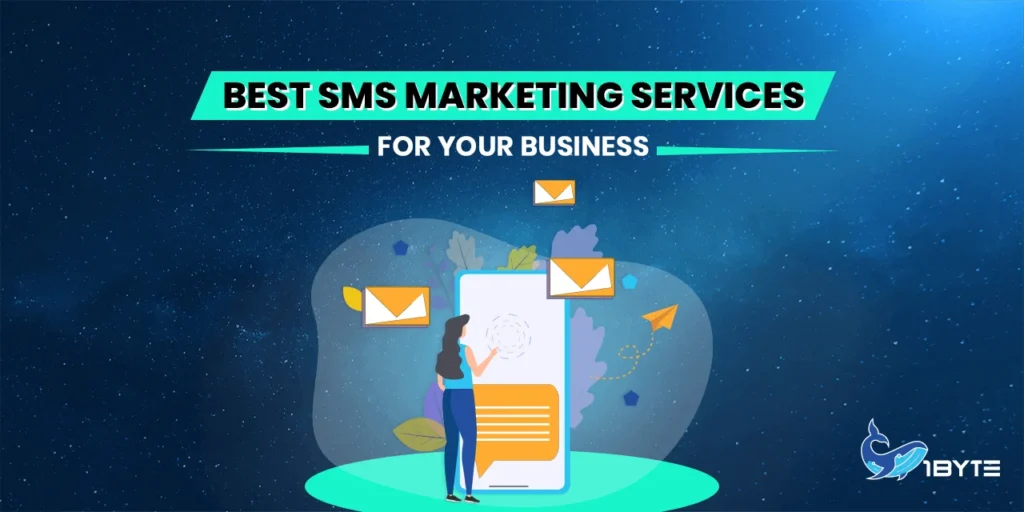Wowza Gradle Plugin: A Comprehensive Guide to Streaming Integration

The Wowza Gradle Plugin has become a crucial tool for developers looking to streamline the integration of Wowza’s media streaming services into their projects. By combining the power of Gradle with Wowza, developers can automate and optimize their workflows, making the process of building and deploying media applications more efficient. In this article, we’ll explore everything you need to know about the Wowza Gradle Plugin and how it can enhance your streaming project setup.
What is the Wowza Gradle Plugin?
The Wowza Gradle Plugin is a Gradle-based tool that facilitates the integration of Wowza streaming services into development projects. Wowza Streaming Engine, a leading media server software, enables developers to deliver high-quality, low-latency video and audio streams. The Wowza Gradle Plugin allows for a smoother setup, management, and deployment of Wowza services within a Gradle build system.
Through the Wowza Gradle Plugin, developers can automate repetitive tasks associated with media streaming projects, including dependency management, build configurations, and application deployment. This automation is particularly beneficial for those working on projects that involve live video streaming, video-on-demand (VOD) services, or interactive media applications.
Why Use the Wowza Gradle Plugin?
Using the Wowza Gradle Plugin offers several benefits for developers working on streaming projects. Here’s a look at some of the key advantages:
- Streamlined Development Workflow: The Wowza Gradle Plugin automates many manual tasks, reducing the amount of setup time needed for streaming applications. It allows developers to focus more on creating high-quality streaming content rather than managing dependencies and configurations.
- Efficient Dependency Management: With the Wowza Gradle Plugin, managing libraries and dependencies is straightforward. The plugin fetches and updates Wowza dependencies as required, ensuring that the development environment is always up-to-date.
- Consistent Builds: By incorporating Wowza into a Gradle build system, developers can ensure that builds are consistent across environments. This makes it easier to replicate development environments, which is essential for teams working on large projects.
- Improved Integration with CI/CD Pipelines: Many development teams use continuous integration and continuous delivery (CI/CD) pipelines to automate the testing and deployment process. The Wowza Gradle Plugin integrates seamlessly with CI/CD tools, ensuring smooth, automated deployments of Wowza-based streaming applications.
Setting Up the Wowza Gradle Plugin
To get started with the Wowza Gradle Plugin, you need to have both Wowza Streaming Engine and Gradle installed on your system. Once these prerequisites are in place, you can add the Wowza Gradle Plugin to your Gradle project.

Step 1: Add the Plugin to Your Project
To include the Wowza Gradle Plugin in your project, add it to your build.gradle file. Typically, you’ll need to add the following lines to the plugins section of your Gradle file:
gradleCopy codeplugins {
id 'com.wowza.wowza-gradle-plugin' version 'x.x.x'
}
Replace x.x.x with the latest version of the Wowza Gradle Plugin.
Step 2: Configure the Plugin
After adding the Wowza Gradle Plugin, you’ll need to configure it to connect to your Wowza Streaming Engine server. You can specify details such as server address, port, and credentials in the configuration block of your build.gradle file:
gradleCopy codewowza {
serverUrl = "http://localhost:8087"
username = "yourUsername"
password = "yourPassword"
}
These settings enable your Gradle project to communicate directly with the Wowza Streaming Engine, providing seamless access to Wowza’s streaming capabilities.
Key Features of the Wowza Gradle Plugin
The Wowza Gradle Plugin offers several features that make it an ideal choice for managing Wowza-based streaming applications:
- Server Control: With the Wowza Gradle Plugin, developers can start, stop, and restart Wowza Streaming Engine directly from Gradle. This feature is particularly helpful during development, allowing developers to test their configurations and code without manually interacting with the server.
- Automated Deployment: The Wowza Gradle Plugin simplifies the deployment process, allowing developers to deploy applications to Wowza servers with a single command. This feature is especially useful for teams using CI/CD pipelines.
- Streaming Application Configuration: Developers can configure their streaming applications directly within the Gradle build file. This includes settings like stream name, bitrate, codec, and playback configurations. The Wowza Gradle Plugin allows for easy adjustments to streaming parameters without leaving the Gradle environment.
- Logging and Monitoring: The plugin also supports logging and monitoring capabilities, giving developers insight into the performance of their streaming applications. Developers can configure logging levels and monitor application health directly through Gradle.
- Compatibility with Java and Android: Since the Wowza Gradle Plugin is compatible with Java and Android projects, it’s a great choice for developers creating mobile streaming applications.
Common Use Cases for the Wowza Gradle Plugin
The Wowza Gradle Plugin is versatile and can be used in a wide variety of media streaming applications. Some of the most common use cases include:
- Live Video Streaming: For applications that require live video streaming, the Wowza Gradle Plugin helps automate the process of configuring and managing the Wowza server, ensuring smooth streaming experiences.
- Video on Demand (VOD): The plugin simplifies the deployment and management of VOD services, allowing developers to set up on-demand streaming for pre-recorded media content.
- Interactive Media Applications: For projects that involve interactive streaming, such as virtual events or online learning platforms, the Wowza Gradle Plugin makes it easier to manage the complexity of multi-user and real-time interactions.
Best Practices for Using the Wowza Gradle Plugin
To make the most out of the Wowza Gradle Plugin, consider these best practices:
- Regularly Update the Plugin: Keep the Wowza Gradle Plugin up-to-date to take advantage of new features, bug fixes, and performance improvements.
- Use Gradle Tasks for Automation: Define custom Gradle tasks for repetitive Wowza operations. This can include tasks for starting/stopping the server, deploying applications, or updating configurations.
- Incorporate Testing and Monitoring: Integrate testing and monitoring tasks into your Gradle workflow. By doing so, you can catch issues early in the development process and ensure a stable streaming experience for users.
- Leverage CI/CD for Deployment: Use CI/CD pipelines to streamline deployment, making sure your Wowza-based applications are updated and functional.
Troubleshooting Common Issues with the Wowza Gradle Plugin
Like any tool, the Wowza Gradle Plugin may present challenges during use. Here are some common issues and tips on how to resolve them:
- Authentication Errors: If you encounter authentication issues, verify that the username and password in your configuration file are correct. Check Wowza server settings to ensure that the user account has the necessary permissions.
- Connection Problems: If the plugin fails to connect to Wowza Streaming Engine, make sure that the server is running and that the server URL and port number in the configuration are correct.
- Deployment Failures: If deployment to Wowza fails, ensure that your network settings allow for communication between your development machine and the Wowza server. Additionally, check that the Wowza Streaming Engine is properly licensed and configured for the type of deployment you are performing.
Conclusion: Unlocking the Potential of the Wowza Gradle Plugin
The Wowza Gradle Plugin is an invaluable tool for developers looking to streamline their streaming application workflows. By automating server control, deployment, and configuration, the plugin saves time and reduces the complexity of working with the Wowza Streaming Engine. Whether you’re building a live streaming app, a VOD service, or an interactive media platform, the Wowza Gradle Plugin can help make the development process more efficient and manageable.
For developers working in Java or Android environments, integrating Wowza’s powerful streaming capabilities into Gradle brings a new level of automation to media streaming projects. By following best practices and troubleshooting any issues that arise, you can leverage the full potential of the Wowza Gradle Plugin to deliver high-quality, reliable streaming applications.




Leave a Comment